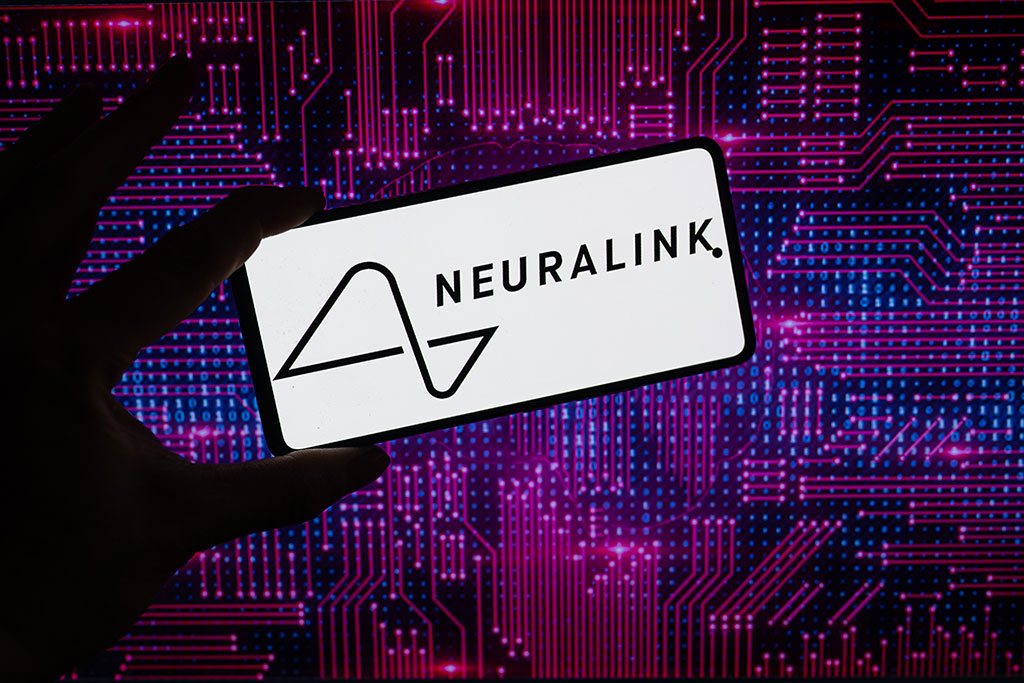
Mercy Mutanya is a Tech enthusiast, Digital Marketer, Writer and IT Business Management Student. She enjoys reading, writing, doing crosswords and binge-watching her favourite TV series.
The neurotech company has revealed that it plans to cover “study-related costs” such as transport to and from the yet-to-be-disclosed study location.
 Edited by Julia Sakovich
Updated
3 mins read
Edited by Julia Sakovich
Updated
3 mins read

Elon Musk’s neurotechnology company Neuralink has announced that it has been approved by an independent board to commence recruiting test subjects for its brain implant for patients with paralysis as part of its six-year study. This comes after the company’s FDA approval for human trials. The company is now seeking to recruit individuals with quadriplegia due to cervical spinal cord injury or amyotrophic lateral sclerosis (ALS) who are aged over 22 and have a “consistent and reliable caregiver”.
According to a September 19 blog post, the main goal of the human trials is to evaluate the safety and functionality of the neurotech company’s fully implantable, brain-computer interface (BCI). In the post, titled “Neuralink’s First-in-Human Clinical Trial is Open for Recruitment”, the company explains that its aim is to create fully functional and safe implantable interfaces that enable users to control a computer cursor or keyboard with just their brain.
This would involve researching the three main things that would make the BCI functional. The first is the “N1 implant” itself, a brain-computer device created by Neuralink. The second is the “R1 robot”, the surgical robot that implants the device into patients and the third is the N1 User App. The app connects to the N1 implant and translates brain signals into computer actions
During the PRIME Study (short for Precise Robotically Implanted Brain-Computer Interface), “the R1 Robot will be used to surgically place the N1 Implant’s ultra-fine and flexible threads in a region of the brain that controls movement intention. Once in place, the N1 Implant is cosmetically invisible and is intended to record and transmit brain signals wirelessly to an app that decodes movement intention. The initial goal of our BCI is to grant people the ability to control a computer cursor or keyboard using their thoughts alone.”
Subjects will start by taking part in an 18-month study involving 9 visits with researchers. After that, they will have to go in for at least two hours of brain-computer interface research sessions per week followed by 20 more visits over a period of 5 years. It remains unclear when the study is scheduled to begin or how many subjects Neuralink is looking for. The neurotech company has however revealed that it only plans to cover “study-related costs” such as transport to and from the yet-to-be-disclosed study location.
While this is a major scientific stride, it may still pose a significant risk to test subjects. The company and its co-founder Elon Musk have caused heavy controversy and have been faced with scrutiny. Musk has been criticized for “overpromising” with his talks about the potential for telepathy and implants that could help humans keep up with artificial intelligence.
The company’s treatment of the monkeys used in its research has also come under scrutiny, with regulators raising multiple concerns. However, Musk recently stated that testing was only done on “terminal monkeys” – monkeys that were close to dying – and that no monkey has ever died as a result of the implants. Neuralink is also under investigation for illegal transportation of pathogen-laced devices removed from monkeys.
Disclaimer: Coinspeaker is committed to providing unbiased and transparent reporting. This article aims to deliver accurate and timely information but should not be taken as financial or investment advice. Since market conditions can change rapidly, we encourage you to verify information on your own and consult with a professional before making any decisions based on this content.

Mercy Mutanya is a Tech enthusiast, Digital Marketer, Writer and IT Business Management Student. She enjoys reading, writing, doing crosswords and binge-watching her favourite TV series.





